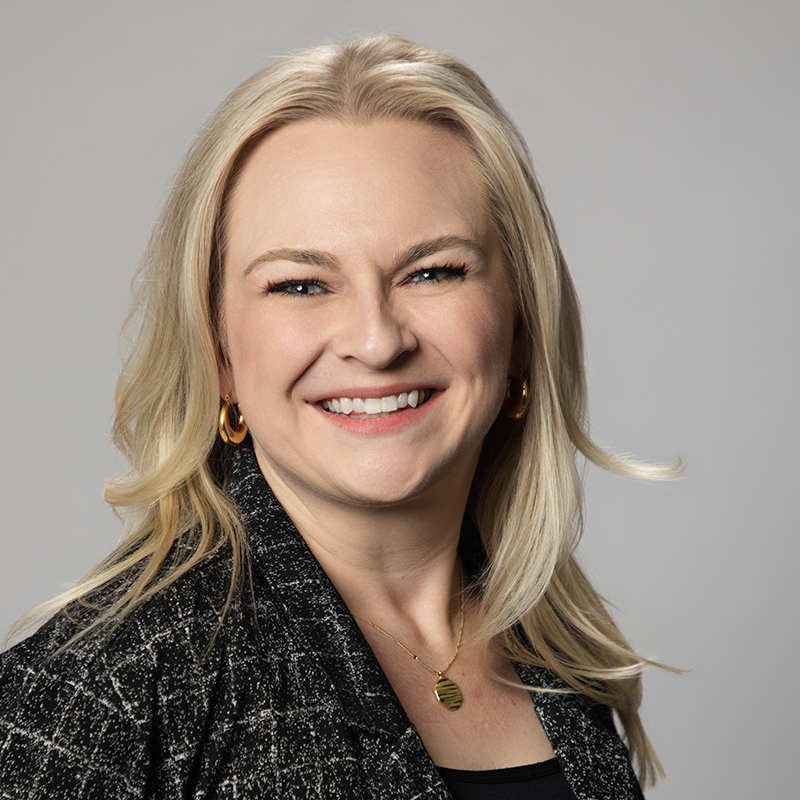A-Z Medical Claims Terminology That Every Biller Should Know

Medical claims management plays a pivotal role in shaping the financial success of any healthcare provider. However, with so many types of claims, it can quickly become complicated. This article highlights and defines some essential medical claims terminology from A-Z that every biller should be familiar with. Being familiar with these terms can decrease your administrative burden and increase the positive patient experience.
ADA Claim
ADA claims refer to dental claims submitted using the ADA standardized form, which is officially recognized by the American Dental Association (ADA). This form is a critical document for dental billing because it allows dentists to submit detailed information about dental services provided to patients for insurance claims processing. Dental professionals use this form to request reimbursement from insurance carriers for dental services provided to patients. It includes specific information about the dental procedures performed, including diagnostic and treatment codes, to facilitate adjudication and insurance claims processing.
CMS-1500
The CMS-1500 form is a health insurance claim form used by individual doctors & practitioners, nurses, and therapists to file claims with Medicare and other health insurance companies. It's designed for non-institutional providers to submit claims for medical services rendered to patients. The form captures patient information, insurance coverage details, and medical services provided.
Durable Medical Equipment (DME) Claims
DME claims involve requests for reimbursement for the cost of durable medical equipment provided to patients. DME includes medically necessary items for a patient's treatment or rehabilitation, such as wheelchairs, oxygen tanks, and CPAP machines. DME claims must incorporate specific information to verify the necessity and eligibility for coverage.
Electronic and Paper Claim Submissions
This term encompasses the two methods of submitting healthcare claims to insurance companies: electronically and via paper forms. Electronic submissions are handled through secure electronic data interchange systems. Alternatively, paper claims are submitted using standardized forms like the CMS-1500 or UB-04, based on the type of provider and services rendered.
Institutional Claims
Hospitals, skilled nursing facilities, and outpatient clinics for patient services submit institutional claims. These claims are often submitted using the UB-04 form, including comprehensive details about the patient's stay, procedures performed, and the costs associated with institutional care.
Medical Claims Clearinghouse
A medical claims clearinghouse is an intermediary between healthcare providers and insurance payers. It receives claims from providers, checks for errors, formats them according to payer specifications, and then submits them to insurance companies. A clearinghouse streamlines the claims submission process and can help reduce the rate of claim rejections.
Medical Claims Data
Medical claims data comprises the information in a claim form detailing the services provided to a patient, including diagnoses, procedures performed, dates of service, provider information, and costs. This data is crucial for the processing and analysis of healthcare claims, enabling insurers to make informed decisions on coverage and payments.
Medical Claims Management Software
Medical claims management software is a type of healthcare software designed to manage the claims process, from submission to payment. It helps healthcare providers streamline operations by automating claims processing, tracking claims status, and managing reimbursements. This software can help make the medical billing process more accurate & more efficient.
Medical Claims Processor
A medical claims processor is a professional or system responsible for examining and processing health insurance claims. They verify the accuracy of claim information, ensure compliance with insurance policies, and determine the amount payable for each claim. Processors play a crucial role in the healthcare reimbursement cycle.
Medical Encounters
Medical encounters refer to the interactions between a patient and a healthcare provider. These can range from consultations and examinations to treatments and procedures. Documentation of these encounters is essential for clinical record-keeping and billing purposes.
Pharmacy Claims
Pharmacies submit pharmacy claims to insurance companies to receive reimbursement for prescription drugs dispensed to insured patients. These claims include detailed information about the medication prescribed, dosage, and cost. They are critical for the adjudication and payment process within pharmacy benefit management.
Professional Claims
Individual healthcare providers or practices submit professional claims for services rendered to patients. These claims use the CMS-1500 form and cover various services, including consultations, treatments, and procedures performed outside of hospital settings.
Secondary Claims
Secondary claims are submitted to the secondary insurer after the primary insurance has processed a claim and determined its payment. These claims cover the remaining balance not covered by the primary insurer and require documentation of the primary insurance's payment decision. They are crucial for maximizing reimbursement and minimizing out-of-pocket costs for patients.
UB-04
The UB-04 form, or the Uniform Bill form, is used by institutional healthcare providers to submit claims for inpatient and outpatient services to insurers. This form captures extensive details about the services provided during a patient's stay, facilitating the accurate processing and payment of institutional healthcare claims.
Vision Claims
Eye care professionals submit vision claims to insurance companies to reimburse vision care services and products, such as eye examinations, glasses, and contact lenses. These claims include specific details about the vision services, aiding the coverage determination and payment process.
Workers' Compensation Claims
Employees will file a workers' compensation claim after suffering a work-related injury or illness. The workers’ compensation claim seeks medical treatment covered under their employer's workers' compensation insurance. These claims require detailed documentation of the injury, treatment, and any work-related limitations, ensuring employees receive medical care along with financial compensation for any lost wages.
Office Ally can help simplify the claims process
Service Center, a portal powered by Office Ally’s all-payer clearinghouse, can help simplify the process of efficiently managing various medical, professional, institutional, dental, and workers' compensation claims. It can help ensure timely and accurate billing, directly contributing to a smoother experience for medical billers. Additionally, improved efficiency in claim processing reduces administrative delays, leading to quicker patient billing and fewer errors, which can directly influence patient satisfaction and trust in healthcare providers.
Get started with Office Ally today to improve operational efficiencies and maximize the patient experience.







.svg)

.png)








